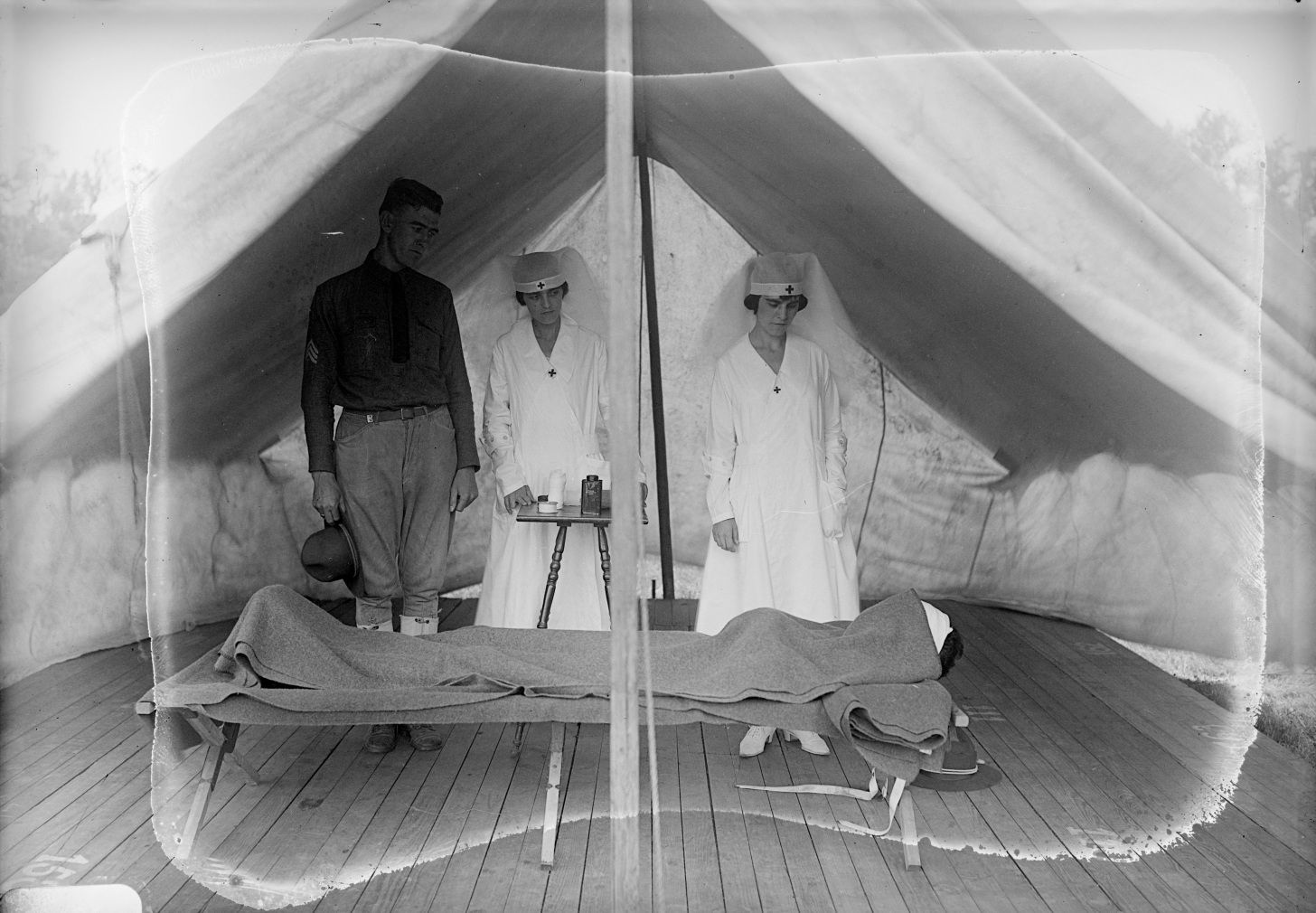This is the sixth of a series of posts on Long COVID by David Brasure. See parts 1, 2, 3, 4, 5, and 7.
In 1918, doctors did something obvious.
They opened the windows.
They dragged beds outside. Set up tents. Let people breathe.
That’s what saved…

This is the sixth of a series of posts on Long COVID by David Brasure. See parts 1, 2, 3, 4, 5, and 7.
In 1918, doctors did something obvious.
They opened the windows.
They dragged beds outside. Set up tents. Let people breathe.
That’s what saved…